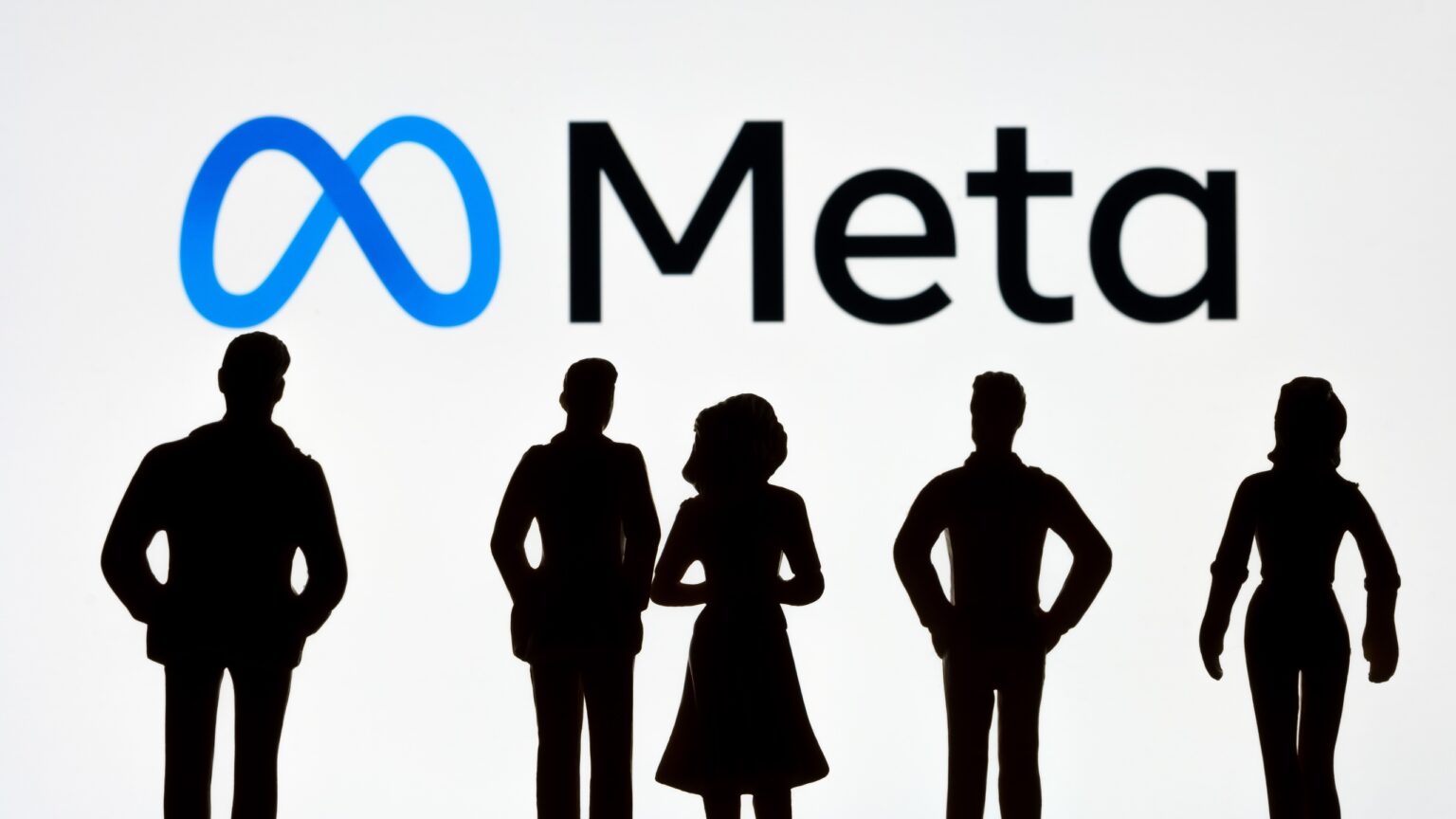John Carmack, former Meta advisor and the lead programmer of legendary games including Doom and Quake, believes that his former employer is still in the driving seat to dominate the metaverse despite falling short of their ambitions so far.
Carmack spoke at length about his former employer in a recent interview with Andrew Bosworth, the current CTO of Meta.
Carmack and VR
Legendary programmer John Carmack is extremely bullish on virtual reality and the metaverse, even as his former employer Meta makes major cutbacks as part of its “year of efficiency.”
In a discussion with Andrew Bosworth on the “Boz To The Future” podcast earlier this month, Carmack outlined his feeling on where the market lies.
“I still think it’s a great bet,” he told Meta CTO and former colleague Andrew Bosworth, “and it’s Meta’s to lose at this point.”
Carmack’s own history with Meta dates back to 2014 when the company purchased VR headset maker Oculus for $2 billion. Carmack was the CTO of Oculus at that time and went on to become the consulting CTO for Meta before quitting in December 2022.
Carmack has been vocal about his frustrations with Meta in the past, highlighting inefficiencies and an inability to get things done. Another major point of contention has been the ease of use, or lack thereof, of Meta technology.
“What would your phone be like if you had to set up and acknowledge guardian every time that you started it up? If you had to wait for your controllers to wake up before you could start doing inputs there?” he asked. “So getting to that point, not just light and cheap, but it should also be instant. You should just be able to pull it up and put it on your head to just glance over there to look at something as easily as you would look at your watch.”
An honest appraisal
Carmack is a voice that is not afraid to speak against power or to go against the grain. Having co-created Doom and Quake and helped to steer Oculus to acquisition in 2014, his is a voice that people listen to and respect.
When the former game developer quit Meta last year he cited major issues in getting things done at the company.
“We have a ridiculous amount of people and resources, but we constantly self-sabotage and squander efforts. There is no way to sugar coat [sic] this; I think our organization is operating at half the effectiveness that would make me happy,” said Carmack.
“It has been a struggle for me,” Carmack continued. “I have a voice at the highest levels here, so it feels like I should be able to move things, but I’m evidently not persuasive enough. A good fraction of things I complain about eventually turn my way after a year or two passes and evidence piles up, but I have never been able to kill stupid things before they cause damage, or set a direction and have a team actually stick to it.”
Given the high regard in which Carmack is held, it’s perhaps little wonder that his comments precipitated what was to follow.
The year of efficiency
Carmack may have left Meta to work on his own firm Keen Technologies, but Meta may just have taken his words to heart.
In March Mark Zuckerberg announced that the firm would be trimming the fat in what the CEO calls the “year of efficiency.” As part of the plans, the company will cut a further 10,000 jobs from its roster after axing 11,000 staff in November.
As for Carmack and Keen Technologies, they will focus on creating an AGI, or artificial general intelligence.









 and then
and then